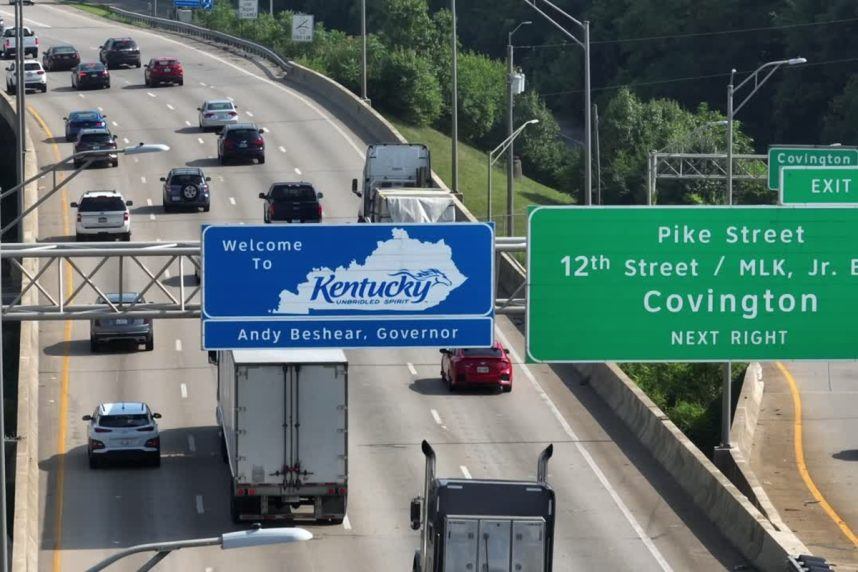Published on: January 8, 2025, 04:17h.
Last updated on: January 8, 2025, 04:17h.
January signals a new year and state legislatures convening for their 2025 sessions. The topic of gaming expansion is gaining traction, including in Kentucky, a state known for its strict stance against most forms of gambling.

Kentucky Rep. Thomas Huff (R-Bullitt) introduced House Bill 33, which empowers counties and their residents to decide on allowing commercial casino gambling in their areas. The bill would place the Kentucky Racing and Gaming Corporation (KHRGC) in charge of regulating physical casinos if passed by the General Assembly and signed by Gov. Andy Beshear (D).
Huff proposes a 21% tax on each casino’s monthly gross gaming revenue (GGR), to be directed towards Kentucky’s General Fund. In addition, he suggests a $3 fee per person admitted to the casino.
The bill by Huff sets criteria for casino locations, permitting them only in counties with a minimum of 30,000 residents. Smaller counties can partner with neighboring ones to meet the threshold and qualify for a casino. A local referendum would be required for authorization. Additionally, counties currently hosting licensed racing associations could also be eligible for a casino.
Never Say Never
Kentucky has traditionally been resistant to expanding gaming due to its strong religious influence. However, recent moves, such as legalizing online sports betting and introducing historical horse racing machines, indicate a shift. These changes have proven to be profitable, with significant revenue generated for the state and track owners through these gaming options.
Historical horse racing machines have been particularly successful, boosting race purses and profits. The revenue from these machines has been substantial, contributing to the state’s General Fund and supporting horse racing development funds.


